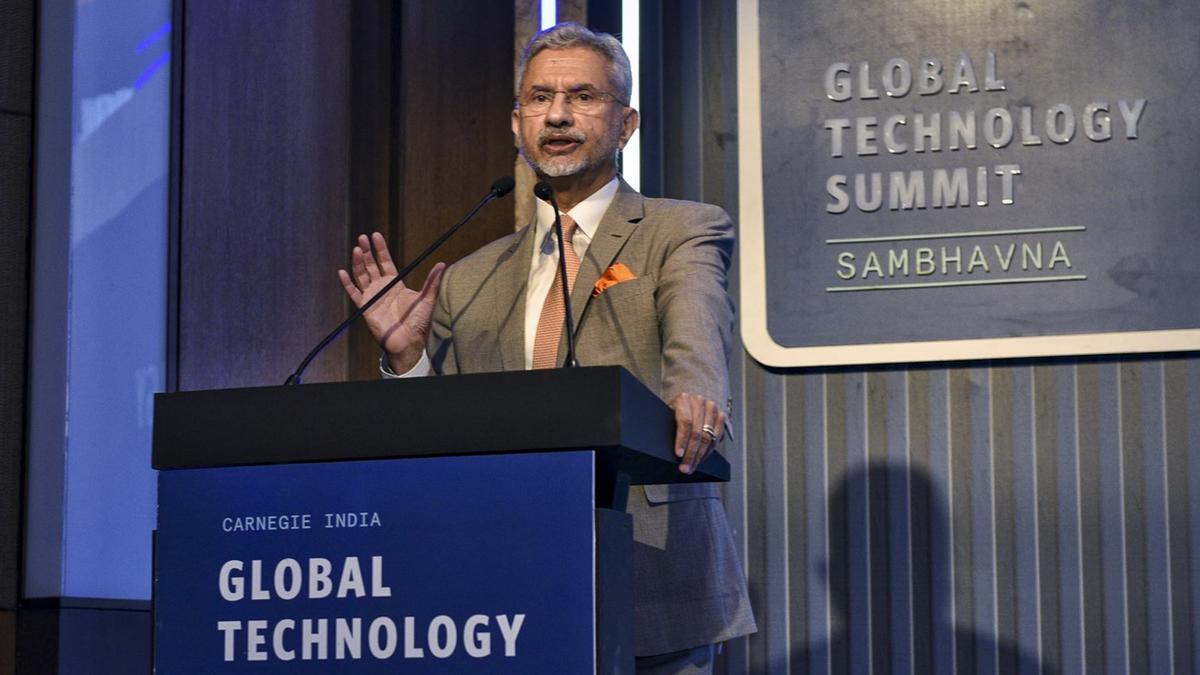Is sport good for you? I’m beginning to wonder. Ahead of the Olympics I spoke to Andy Hodge, one of our greatest rowers. He told me how, plagued by injury and illness, he battled to get to his third Games, in Rio. “Every day I was expecting my body to break,” he said, and this helped him come up with what he describes as a “relieving psychology”, which went like this: “Just keep going until your body breaks and when it does, you’ve given it a good shot.” Relieving? Hmm, if it’s got to the stage where the idea of breaking your body is affording you anything approximating relief, then you’re living in a world most of the rest of us don’t inhabit, and living a life few doctors could recommend. On the start line at Rio, Hodge said to himself: “I’m going to go and I’m going to actually break my body. This is the only mission I have today.” And a few minutes later he’d won his third Olympic gold.
We often talk about the power of the Olympics to encourage kids to take up sport, which is great. But there’s a slight dissonance here. Do we really want them to engage in it as obsessively as those whose brilliance and dedication we so admire?
The breaking of Hodge’s body was never far from my mind when it came to broadcasting the rowing contests from Paris. Watching the GB pair Tom George and Oliver Wynne-Griffith lead their whole race only to be pipped at the line, a new thought occurred to me: never mind what this is doing to the athletes’ bodies; I’m beginning to wonder if it’s doing us spectators any good either. The stress is real, and relentless, especially at Olympics time. After a day yelling at horses at the Galway races, I went for a quiet pint only to end up yelling at a swimmer, Daniel Wiffen, whose gold medal-winning 800m swim was on the television. I wonder what that lad has put his body and mind through over the years. It’s hard to unhear Michael Phelps’s famous lament that his life consisted of eating, sleeping and swimming and not much else.
And the stress comes thick and fast at us poor spectators, about sports indoors and outdoors, in water and on water, throwing things, catching things, hitting things, winning things, losing things. Sports you barely understand because you only take any interest in them once every four years. Sports you can’t believe anyone’s been cruel enough to think up. Synchronised diving, for example. Who on earth looked at a diver executing incredible twists and turns and flips and thought: “I know, let’s force them to pair up, perform these miracles together, and mark them down if they’re not in complete unison”? What are we trying to do to these people? And to the rest of us, watching through our fingers.
One minute we’re choking up at the sight of a distressed Chinese girl who has just bounced clean off her trampoline, the next we’re bouncing off the ceiling at the joy of GB’s Bryony Page taking the gold. I drove my mum somewhere to give us both a break from it all, but we ended up listening on Croatian radio to commentary of Croatia v Greece in the water polo – a sport the rules of which neither of us are familiar with, yet we ended up stuck on the M1 cursing the refereeing decisions as much as the traffic. I say again, it can’t be healthy. And on the very same weekend the Olympic torment stops, England’s football season starts. Where exactly am I supposed to find the strength? I’m casting around for a relieving psychology, but nothing’s coming to mind.








![Best Weight Loss Supplements [2022-23] New Reports!](https://technologytangle.com/wp-content/uploads/2022/12/p1-1170962-1670840878.png)




